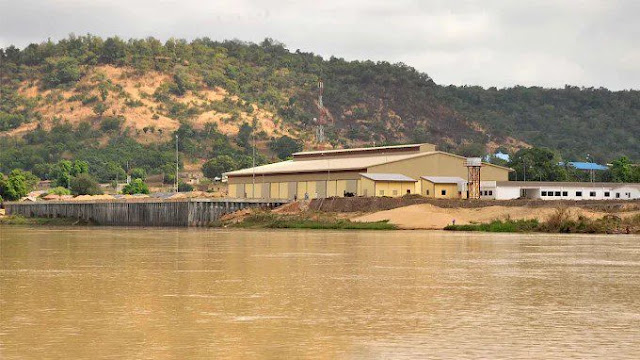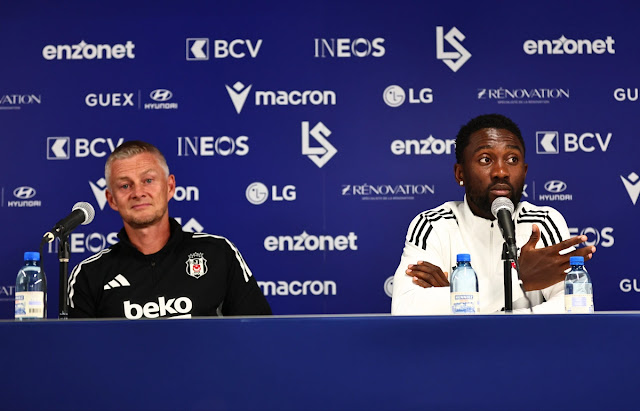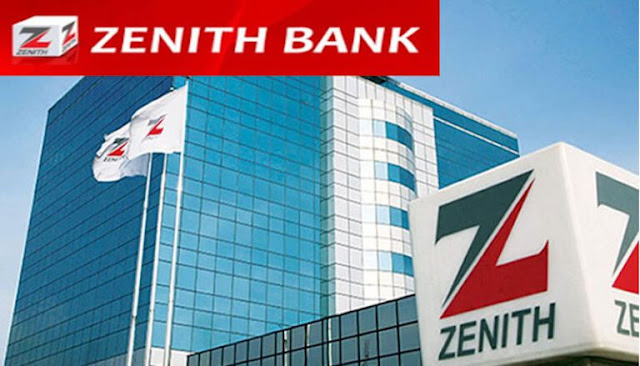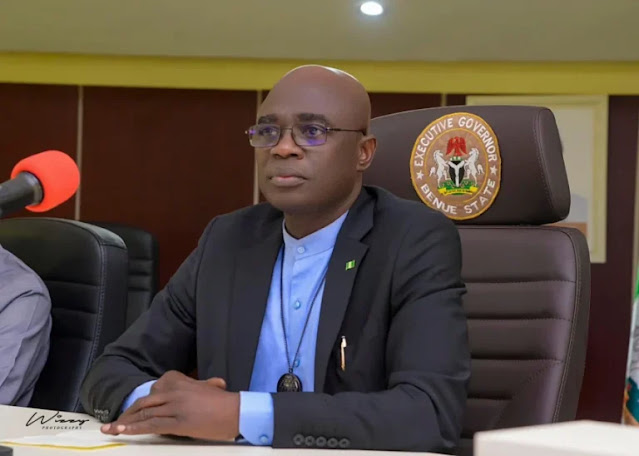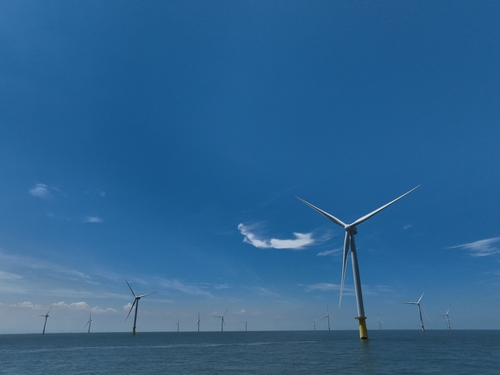The House of Representatives Ad hoc Committee on the Rehabilitation and Operationalisation of Baro Inland Port has criticised the standard of work carried out at the facility.
Rep. Idris Wase (APC–Plateau) conveyed the lawmakers’ displeasure during a courtesy call on Governor Umaru Bago of Niger State after an overnight inspection of the port.
Wase said the project was only “commissioned on paper” by former President Muhammadu Buhari in 2019, despite the heavy public investment committed to it.
“What we saw is a project that was merely commissioned on paper. It is unfortunate what has happened in the past, but as leaders we must take responsibility to change the narrative,” he said.
The lawmaker described the port as a gateway to Nigeria’s economy, stressing that its neglect reflected the wider national problem of infrastructure deficit.
He assured that the committee is determined to revive the port and ensure its completion, with a view to achieving a fairer distribution of infrastructure across the country.
Wase added that the committee would collaborate with the Nigerian Railway Corporation and other relevant agencies to resolve outstanding issues, particularly dredging and navigation corridors required to make the port fully operational.
Committee Chairman, Rep. Saidu Abdullahi (APC–Niger), voiced strong concern over the deplorable condition of roads leading to the multi-billion-naira facility, describing them as a major obstacle to the port’s functionality.
He said that despite the enormous potential of the port to boost trade, generate employment, and stimulate the economy, the absence of motorable access roads had rendered the project idle years after its commissioning.
According to him, a trip that should take about half an hour now lasts four punishing hours because of failed portions of the road.
“We are committed to ensuring that this port does not remain a white elephant project. Our work here is to make sure that all the issues are laid bare.
“Government agencies responsible for roads, inland waterways, and transport must rise to the challenge. We cannot afford to abandon such a strategic project,” Abdullahi said.
General Manager of Business Development at the National Inland Waterways Authority (NIWA), Bolawale Adetola, expressed confidence that the port could soon become operational, provided critical hurdles such as road access and dredging were addressed.
He explained that with the National Assembly’s involvement, the required funding could be mobilised through direct appropriations or public–private partnerships to make the port fully functional.
“Everything that a port needs to work is on ground. The key challenges are the access road and the silted channel, which requires dredging. That is our own part in NIWA.
“Other stakeholders, including the Federal Ministry of Works and the Nigerian Railway Corporation, are also critical to the process. Once all these are in place, Baro Port will be of immense benefit to Nigerians,” Adetola said.
Governor Umaru Bago, in his response, called for the urgent revival of the port, describing it as a national project capable of easing pressure on Nigeria’s road networks.
Bago said the inland port, conceived by Nigeria’s founding fathers, was once central to the Northern Africa Trade Corridor.
According to him, it was strategically connected to the Lagos–Kano–Jibia rail line, which was originally designed to serve Baro.
“Since I became governor, we have been working towards the realisation of the Baro Port project. This is not a Niger project, and not even a northern project. It is a Nigerian project,” he said.
He commended the committee for undertaking the oversight visit during recess, describing their effort as evidence of a renewed determination to reposition the country.


